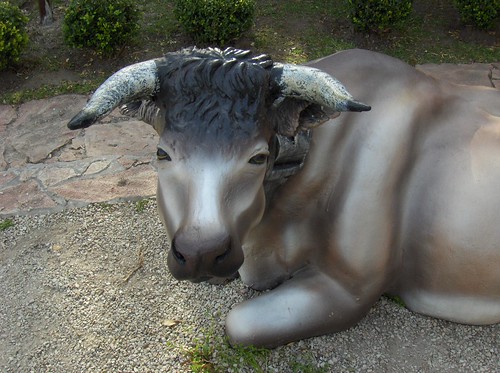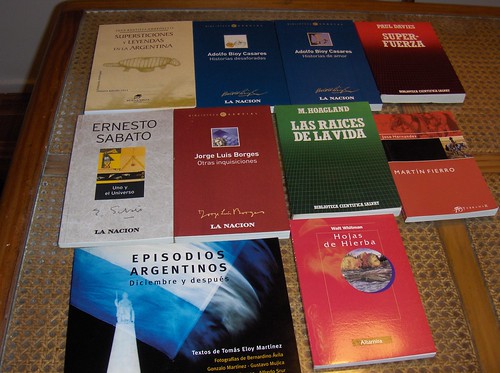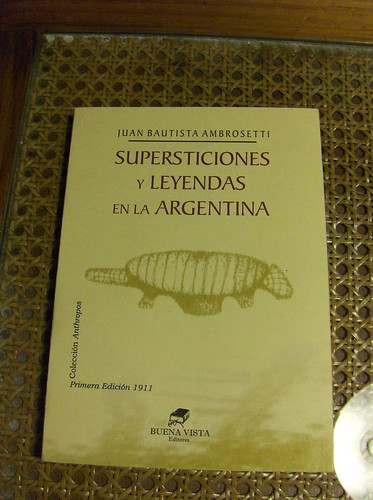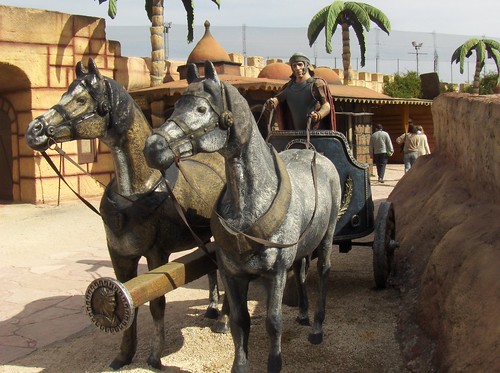The American author David Foster Wallace, probably the most brilliant of his generation, hanged himself at his home in Pomona, California, on Friday evening. He was 46 years old. When I read this, I was chilled, and deeply saddened. To explain why, I include below reviews I wrote of two of his books
("A Supposedly Fun Thing I'll Never Do Again" and
"Consider the Lobster").
Not all of Wallace's writing worked for me - I definitely preferred his collections of shorter pieces.
"Oblivion" and
"Girl with the Curious Hair" are also well worth reading; I found the bleakness of
"Brief Interviews with Hideous Men" too much to bear, and would be afraid to read it again, given the author's suicide. But even when he failed, he did so magnificently, in my opinion. There was an exuberant, over-the-top quality to his writing that was never less than exciting.
Consider The Lobster
Full disclosure: I have a major intellectual crush on David Foster Wallace. Yes, yes, I know all about his weaknesses - the digressions, the rampant footnote abuse, the flaunting of his amazing erudition, the mess that is 'Infinite Jest'. I know all this, and I don't care. Because when he is in top form, there's nobody else I would rather read. The man is hilarious; I think he's a mensch, and I don't believe he parades his erudition just to prove how smart he is. I think he can't help himself - it's a consequence of his wide-ranging curiosity. At heart he's a geek, but a charming, hyper-articulate geek. Who is almost frighteningly smart.
The pieces in “Consider the Lobster” have appeared previously in Rolling Stone, The Atlantic Monthly, the New York Observer, the Philadelphia Enquirer, Harper’s, Gourmet, and Premiere magazines. Among them are short meditations on Updike’s ‘Toward the end of Time’, on Dostoyevsky, on Kafka’s humor, and on the ‘breathtakingly insipid autobiography’ of tennis player Tracy Austin. An intermediate length piece describes Foster Wallace’s (eminently sane) reaction to the attacks of September 11th. Each of these shorter essays is interesting, but the meat and potatoes of the book is in the remaining five, considerably longer, pieces. They are:
Big Red Son: a report on the 1998 Adult Video News awards (the Oscars of porn) in Las Vegas.
Consider the Lobster: a report on a visit to the annual Maine Lobster Festival (for Gourmet magazine).
Host: a report on conservative talk radio, based on extensive interviews conducted with John Ziegler, host of “Live and Local” on Southern California’s KFI.
Up Simba: an account of seven days on the campaign trail with John McCain in his 2000 presidential bid (for Rolling Stone).
Authority and American Usage: a review of Bryan Garner’s “A Dictionary of Modern American Usage” , which serves as a springboard for a terrific exegesis of usage questions and controversies.
Here’s what I like about David Foster Wallace’s writing: I know of nobody else who writes as thoughtfully and intelligently. That he manages to write so informatively, with humor and genuine wit, on almost any subject under the sun is mind-blowing – it’s also why I am willing to forgive his occasional stylistic excesses. (Can you spell ‘footnote’?) You may not have a strong interest in lobsters or pornography, but the essays in question are terrific. The reporting on Ziegler and McCain is amazingly good, heartbreakingly so, because it makes the relative shallowness of most other political reporting painfully evident. Finally, the article on usage is a tour de force – when it first appeared in Harper’s, upon finishing it, I was immediately moved to go online and order a copy of Garner’s book (which is just as good as DFW promised).
How can you not enjoy an essay that begins as follows?
"Did you know that probing the seamy underbelly of US lexicography reveals ideological strife and controversy and intrigue and nastiness and fervor on a near Lewinskian scale?
....... (several other rhetorical questions) ......
Did you know that US lexicography even had a seamy underbelly? "
And which later contains sentences such as:
"Teachers who do this are dumb.
This argument is not quite the barrel of drugged trout that Methodological Descriptivism was, but it’s still vulnerable to objections."
and – my personal favorite –
"This is so stupid it practically drools. "A Supposedly Fun Thing I'll Never Do Again
David Foster Wallace is one awesomely smart guy. This is both his greatest strength and his potential Achilles heel as a writer. Personally, I will read anything this man writes, because I think he is a true genius with a rare sense of compassion, and a hilarious sense of humor. Even when his writing falls victim to its own cleverness, I still find it worthwhile - perhaps because one senses that the writer is a true mensch (not something I feel when being dazzled by the cleverness of a Dave Eggers, for instance).
Oh hell, I want to be seated next to DFW on a long transpacific flight subject to major delays, OK? I have an enormous intellectual crush on this man. And when I cavil, it is done out of love, pure and simple. But when discussing this book of his, caviling would simply be out of place. It contains two of the funniest essays I have ever read in my life (the descriptions of his experiences on a cruise liner and at the state fair, respectively). I think you should buy your own copy, because I certainly am not going to loan you mine.
May he, and his family and friends, find peace. The world is poorer for his death.












